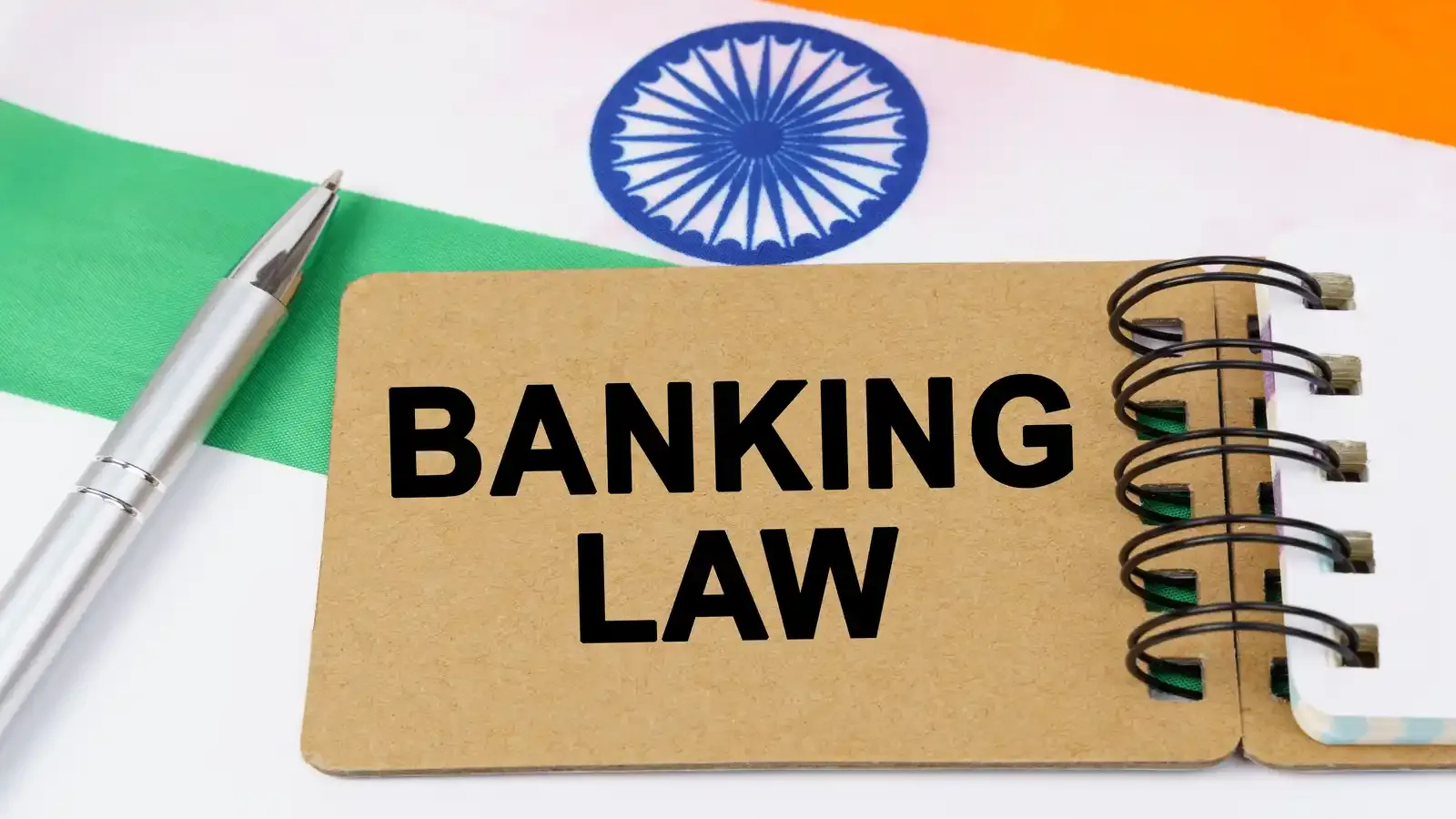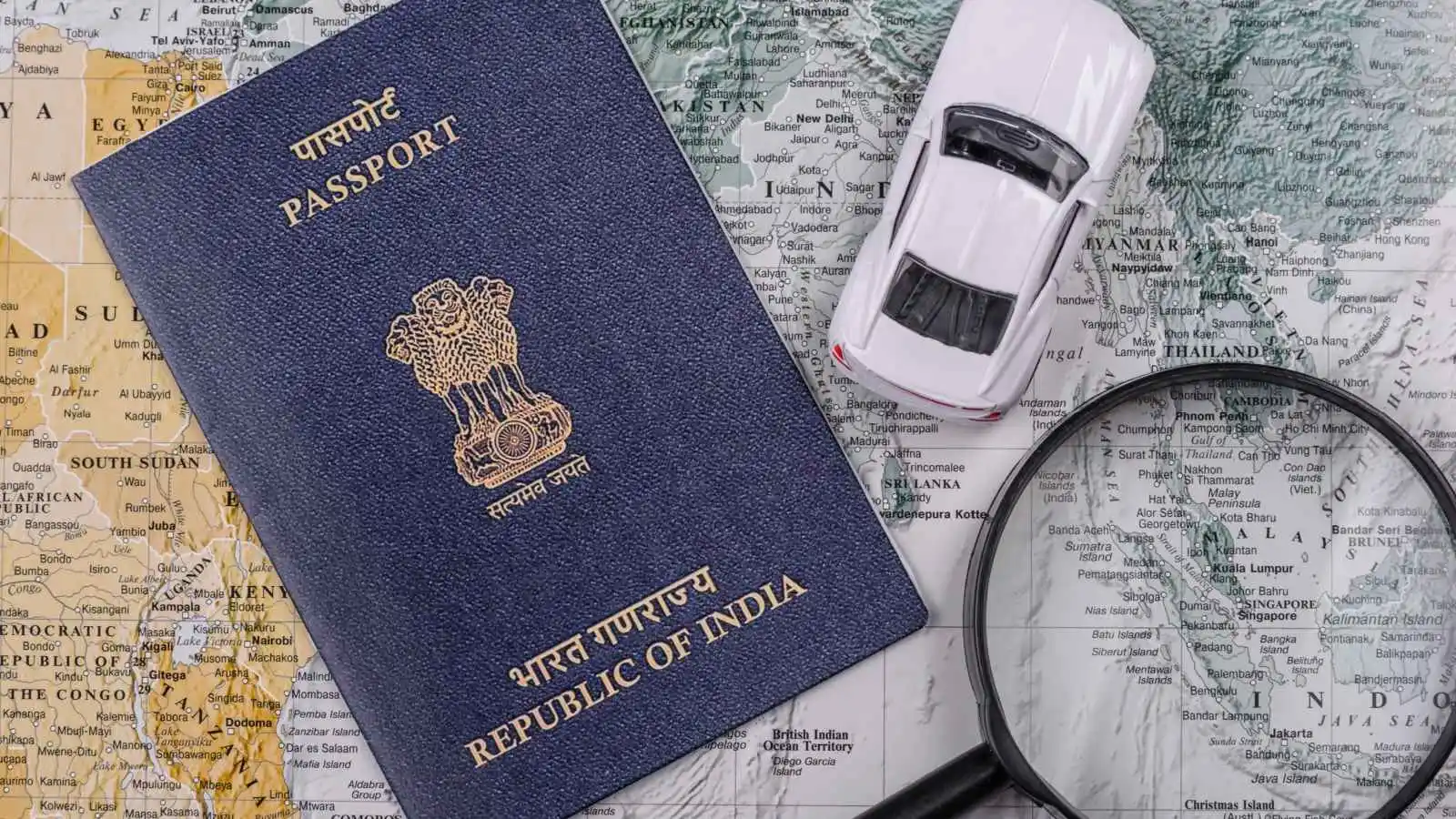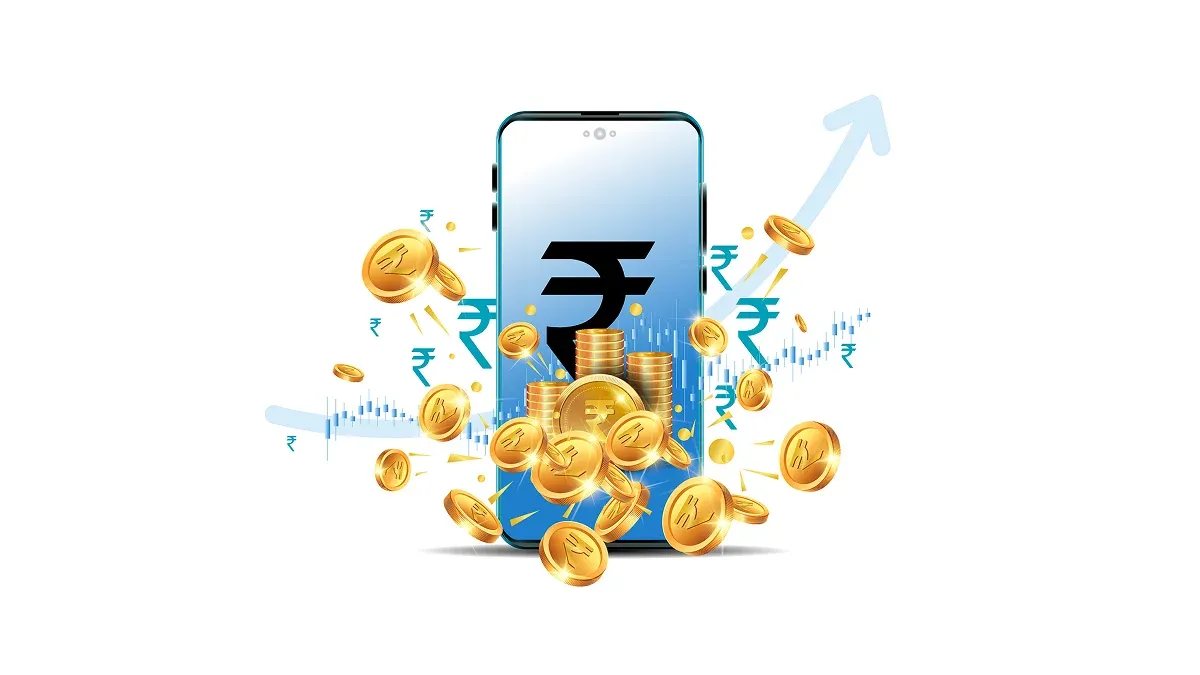Tax Saver FD or Normal FD - Which Investment is Better?
Written by Pradnya Surana
Published on November 24, 2025 | 3 min read

Tax Saver FD or Normal FD, Which Should You Choose?
When opening a fixed deposit (FD), you will come across two main types, Tax Saver FDs and Normal FDs. Both offer safe returns, your investment is protected and both yield the same rate of interest throughout tenure. However, they serve different purposes. Let's compare them.
What is a Tax Saver FD?
Tax Saver FD is a special fixed deposit that qualifies for tax deduction under Section 80C of the Income Tax Act. You can claim up to ₹1.5 lakh invested in a Tax Saver FDs as a deduction from your taxable income.
What is a Normal FD?
A Normal FD is a regular fixed deposit without tax-saving benefits. You can choose any tenure from 7 days to 10 years and withdraw anytime (with or without penalty).
Differences Between Tax Saver FD and Normal FD
| Feature | Tax Saver FD | Normal FD |
|---|---|---|
| Lock-in Period | Mandatory 5 years | No lock-in |
| Tax Benefits | Deduction under Section 80C, reduces taxable income up to ₹1.5 lakh | No tax deduction benefit |
| Interest Taxation | Interest earned is taxable | Interest earned is taxable |
| Interest Rates | Generally similar, sometimes slightly higher due to lock-in | Standard rates |
| Premature Withdrawal/Closure | Not allowed | Allowed, though may incur interest penalties |
Which Should You Choose?
Choose Tax Saver FD If,
-
You want to reduce your tax liability and have investible surplus beyond your immediate needs.
-
You don't need the money for five years and prefer absolutely safe investments as compared to ELSS mutual funds or want earlier withdrawal as compared to PPF.
-
You have exhausted other 80C options like EPF, life insurance and home loan principal, but still have unused deduction limit.
Choose Normal FD If
-
You need flexibility and possibly require funds in an emergency.
-
You are saving for specific goals with timelines shorter than five years. Say like a vacation, wedding or car purchase.
-
If needed you want to opt for a loan against your FD.
-
For better interest rate scenarios and liquidity, you want to create multiple FD s with different tenure.
Can You Have Both?
Yes, you can. Many investors use Tax Saver FDs to claim tax deductions and park additional funds in Normal FDs for flexibility. This balanced approach offers tax benefits without compromising liquidity entirely.
Important Considerations
Remember, although Tax Saver FDs reduce taxable income, the interest earned is still taxable. Banks deduct (tax deducted at source)TDS if your interest income exceeds ₹40,000 annually (₹50,000 for senior citizens).
If tax saving is your primary goal, compare Tax Saver FDs with other 80C options. ELSS mutual funds also offer tax deductions with only 3-year lock-in and also yield higher returns, though with market risk.
Tax Saver FDs are better for disciplined saving with guaranteed tax benefits. Normal FDs win on flexibility and liquidity. Your choice depends on your financial goals, emergency fund status and need for liquidity versus tax savings.
For most people, a combination works best. Tax Saver FDs for tax benefits and Normal FDs for accessible savings.
About Author
Pradnya Surana
Sub-Editor
is an engineering and management graduate with 12 years of experience in India’s leading banks. With a natural flair for writing and a passion for all things finance, she reinvented herself as a financial writer. Her work reflects her ability to view the industry from both sides of the table, the financial service provider and the consumer. Experience in fast paced consumer facing roles adds depth, clarity and relevance to her writing.
Read more from PradnyaUpstox is a leading Indian financial services company that offers online trading and investment services in stocks, commodities, currencies, mutual funds, and more. Founded in 2009 and headquartered in Mumbai, Upstox is backed by prominent investors including Ratan Tata, Tiger Global, and Kalaari Capital. It operates under RKSV Securities and is registered with SEBI, NSE, BSE, and other regulatory bodies, ensuring secure and compliant trading experiences.

























